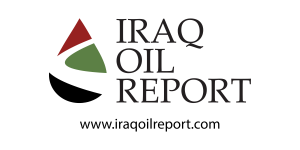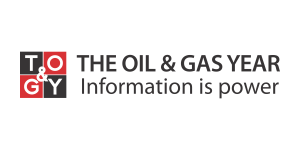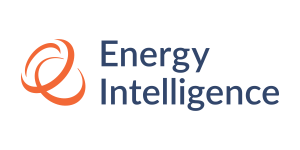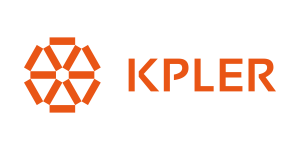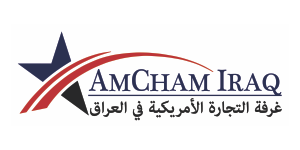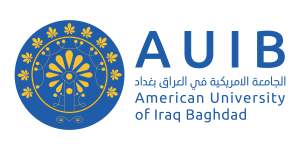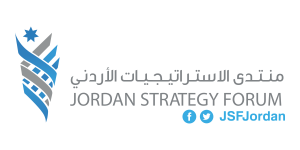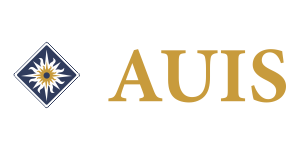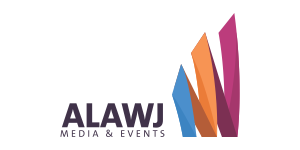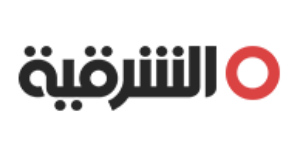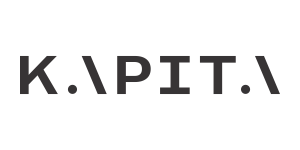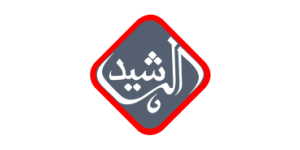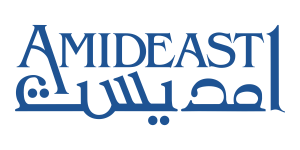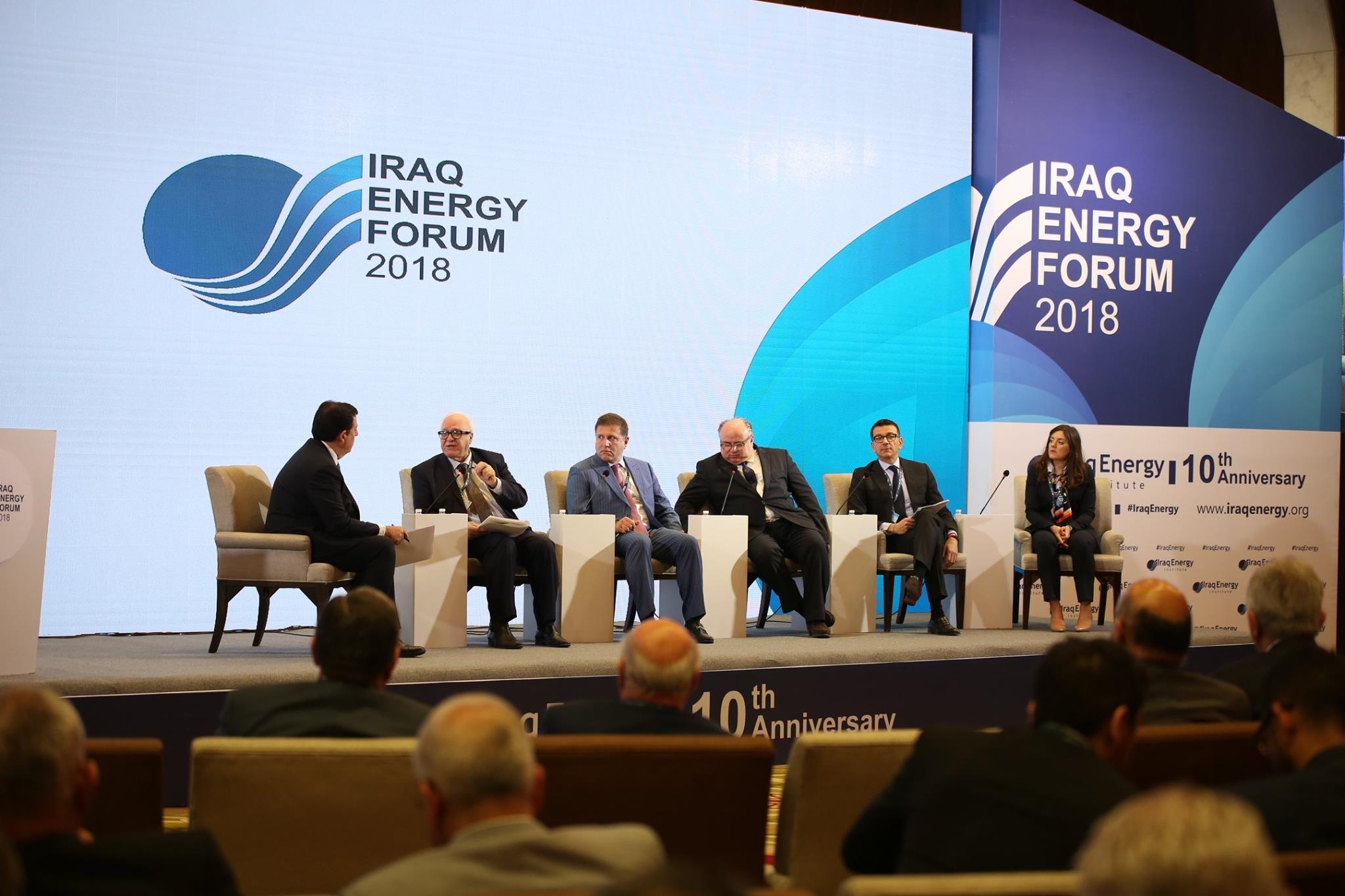
Our Fifth flagship event returns to bring policy makers, government officials, experts, and investors together to discuss energy opportunities and strategies in Iraq, the region and the world.
WELCOME TO IRAQ ENERGY FORUM 2019
On behalf of Iraq Energy Institute, it is my pleasure to welcome you to the 5th Iraq Energy Forum (IEF 2019), taking place in Royal Tulip Al-Rasheed Hotel, Baghdad, on the 14th – 17th September 2019.
Held in cooperation with the Government of Iraq, and in collaboration with the relevant ministries, the event brings together an exclusive line up of policy makers, government officials, industry leaders, experts, and the investor community.
The theme of IEF 2019 will be “Economic Cooperation for Middle East Peace & Prosperity”; as Baghdad strengthens its relations with its neighbours through diplomatic and trade ties, we will explore the impact of this strategy both within the Middle East and internationally in these politically tumultuous times.
IEF 2019 will address these and other key issues, including:
- Iraq’s re-emergence after the war on ISIS and its position as a regional unifier;
- Energy industry agility against global uncertainties and the role of OPEC;
- The capacity of the energy sector in spurring synergies with the rest of the economy;
- The rise of youth entrepreneurship and easing access to finance;
- The role of technology driven innovation in creating a knowledge based economy and
- Empowering women and ensuring their contribution to the economy.
We at Iraq Energy Institute are committed to creating a platform for professional dialogue where we can maximize opportunities inherent in some of the challenges facing the region and develop Iraq’s energy sector for the benefit of all Iraqis and the investor community in an open dialogue with the relevant stakeholders.
We look forward to welcoming you in Baghdad.
Professor Ali Sayigh
Iraq Energy Forum Chair
Iraq Energy Institute – Chairman of the Board
Use your invitation email as a supporting letter with your visa application. If you don’t have one, you may request an invitation letter by contacting us. The visa process will take 2 weeks.
Contact Mr. Helmi Salamin on rd@royaltulipalrasheed.com
You need to provide two Photo IDs on entry. Your name as stated on your passport or other official ID should be sent to us 4 days before the beginning of the Forum.
Remaining Agile in a World of Disruption
2019 has been a roller coaster for the energy markets. Rising political risk in key producing states and geopolitical turmoil has pressured prices from the supply side, combining with the effects of a lack of new supply following the investment collapse of 2014-2018. On the demand side, the impact of the so called “trade war,” has threatened prices, even as investment budgets make a welcome return, while general economic malaise has haunted the sector.
Topics: Economy, Energy & Global Geopolitics
Human Capital as a Long Term Investment
The idea of capacity building – strengthening institutions through technical assistance and training, often through the medium of short term courses and workshops, has come under more scrutiny in recent years. Studies of this form of development, which consumes as much as a quarter of the global aid budget, have found that in many cases, programs are designed without enough attention to local contextual factors.
Topics: Institutional Development & Capacity Building
Breaking Rentiership Through Regional Economic Consolidation
During the war against Daesh, Iraq cultivated a foreign policy where the aim was to rally greater support from as many nations as possible to fight a common enemy: the world’s most dangerous terrorist organisation.
Topics: Regional Integration, Economic Diversification & BRI
Finding the Right Balance in Iraq's Oil & Gas Market
Since the revival of Iraq’s oil and gas sector, starting in 2003, upstream has been Iraq’s most successful area in terms of attracting foreign capital, with production rising rapidly since 2009. Iraq has avoided the fate of a number of nations who succumbed to resource nationalism and collapsing production.
Topics: Upstream Development, Refining & Petrochemicals
Iraq & the Global Green Revolution
In May, the Ministry of Electricity announced tenders for 755 MW of solar power, potentially heralding Iraq’s venture into a regionally growing sector. In the last decade, the price of installing solar power has fallen by 70%, but there remain some barriers to widespread adoption; as with any other power generation, contractual terms for building power stations have to be attractive and the wider marketplace, with productive subsidies and tariff reform, has to allow for economically sustainable Independent Power Producer (IPP) initiatives, over the long term.
Topics: Natural Gas, Power & Renewable Energy
Iraq’s Economy Reaches a Turning Point: Facilitating Private Sector Growth
Challenges in Iraq are often seen as being related to one ministry alone or one sector. In fact, mobilising investment in Iraq to create jobs, improve human development and stabilise the country is a cross-sector, systemic challenge.
Topics: Investment, Finance & Private Sector Development
Women in Energy: A Force Multiplier
In Iraq, the energy sector as a whole employs hundreds of thousands of people, while sustaining many more indirect jobs. Globally, millions of workers across the sector power the world economy, yet the energy sector in many countries is one of the least gender diverse.
Topics: Women in Energy & Broader Economy
Iraq’s New Tech Entrepreneurs
Iraq’s tech hubs, from Fikra Space to Erbil TechHub and The Station in Baghdad have quickly outgrown their roots as co-working initiatives. These efforts have become the building blocks of new ventures, and foreign investors are increasingly looking at the next steps.
Topics: Technology, Innovation & Tech Entrepreneurship
Unlocking Economic Potential via Connectivity
One of the success stories in Iraq has been the rapid adoption of mobile internet technology, which has pushed internet penetration from negligible levels a decade ago to well over 50%, while many more Iraqis have some form of access to the internet.
Topics: Telecommunications & Technology
Bypassing Barriers Through E-Governance
Across the developing world, traditional governance structures are being disrupted and moving towards vastly improved efficiency, sweeping aside layers of bureaucracy through faster adoption of electronic governance, sometimes called “smart government.”
Topics: E-Government
Banking the Unbaked: Access to Finance
A decade ago, the majority of Iraqis were “unbanked,” fuelling an erratic cash economy and providing citizens with little financial security. This is changing fast thanks not only to digital mobile wallets, but major government programs that are making salary disbursal electronic.
Topics: Access to Finance & Microfinance
Conference Schedule
Day 1 - Petroleum
08:30 Registration & Welcome Coffee
09:30 National Anthem & Opening Remarks
09:35 to 10:15 Keynote Speeches
10:30 OPEC’s Short Documentary (5 Minutes)
10:35 Plenary Session-1: Energy, Regional Economics and Geopolitics
12:00 Networking Coffee Break
12:15 Plenary Session-2: Upstream Development
14:00 VIP Luncheon & Networking
14:45 Plenary Session-3: Energy Diplomacy
16:15 Plenary Session-4: Natural Gas & Downstream Development
Day 2 - Electricity
08:30 Registration & Welcome Coffee
09:30 – 10:15 Keynote Speeches
10:30 Plenary Session-5: The Role of Multinational Companies in Powering Iraq
12:00 Networking Coffee Break
12:15 Plenary Session-6: The Rise of Iraq’s Independent Power Producers
14:00 VIP Luncheon & Networking
14:45 Plenary Session-7: Renewable Energy Potential & Regional Interconnection
16:15 Plenary Session-8: Mega Projects’ Policies, Finance and Legal Framework
Day 3 - Education & Technology
08:30 Registration & Welcome Coffee
09:30 – 10:15 Keynote Speeches
10:30 Plenary Session-9: Technology, Telecommunications and e-Government
12:00 Networking Coffee Break
12:15 Plenary Session-10: Knowledge Economy & Sustainable Development
14:00 VIP Luncheon & Networking
14:45 Plenary Session-11: Entrepreneurship & Access to Finance
16:15 Plenary Session-12: Capacity Building & Women Empowerment
Day 4 - Economic Reform & Federalism
08:30 Registration & Welcome Coffee
09:30 Iraq Energy Annual Award Ceremony
09:45 – 10:30 Keynote Speeches
10:45 Plenary Session-13: Subsidies & Tariff Reform Initiative
12:15 Plenary Session-14: Policy Makers Debate Session
14:00 VIP Luncheon & Networking
14:45 Plenary Session-15: Economic Diversification & Industralisation Policy
16:15 Plenary Session-16: Federalism & Institutional Building
17:30 Closing Remarks & Announcement of IEF 2020
Supporting Organisations
Speakers
Sponsors
Diamond Sponsor
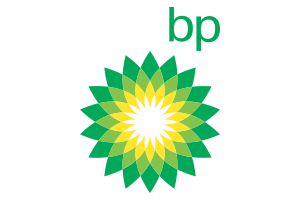
Platinum Sponsors



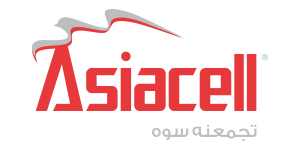
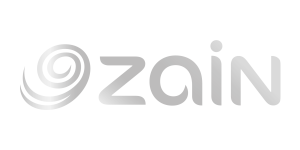
Gold Sponsors

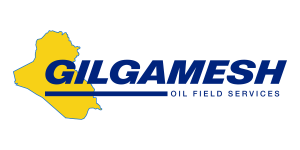
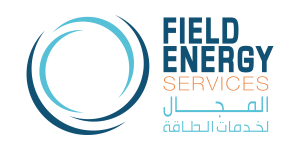
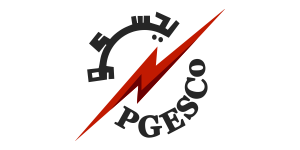
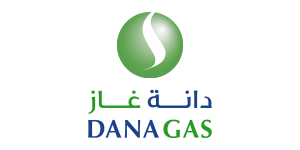
Gold Sponsors
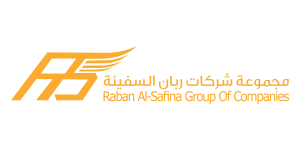
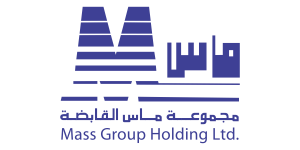
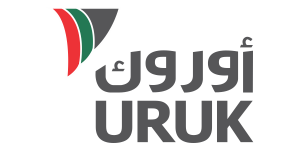
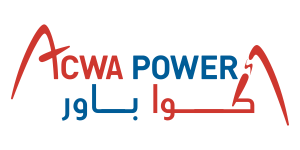
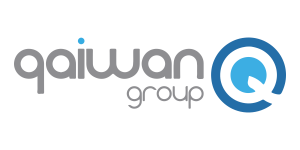
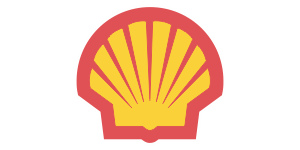
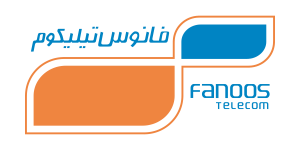
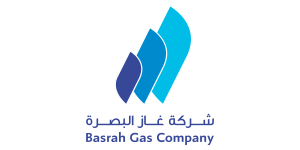
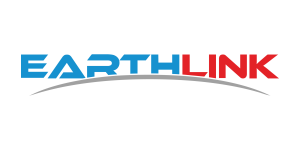
Silver Sponsors




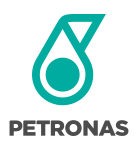
Silver Sponsors

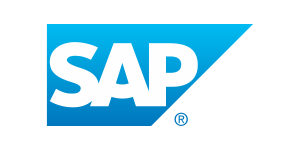
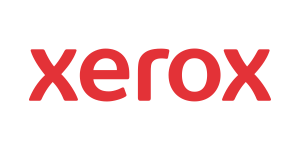
Partners
